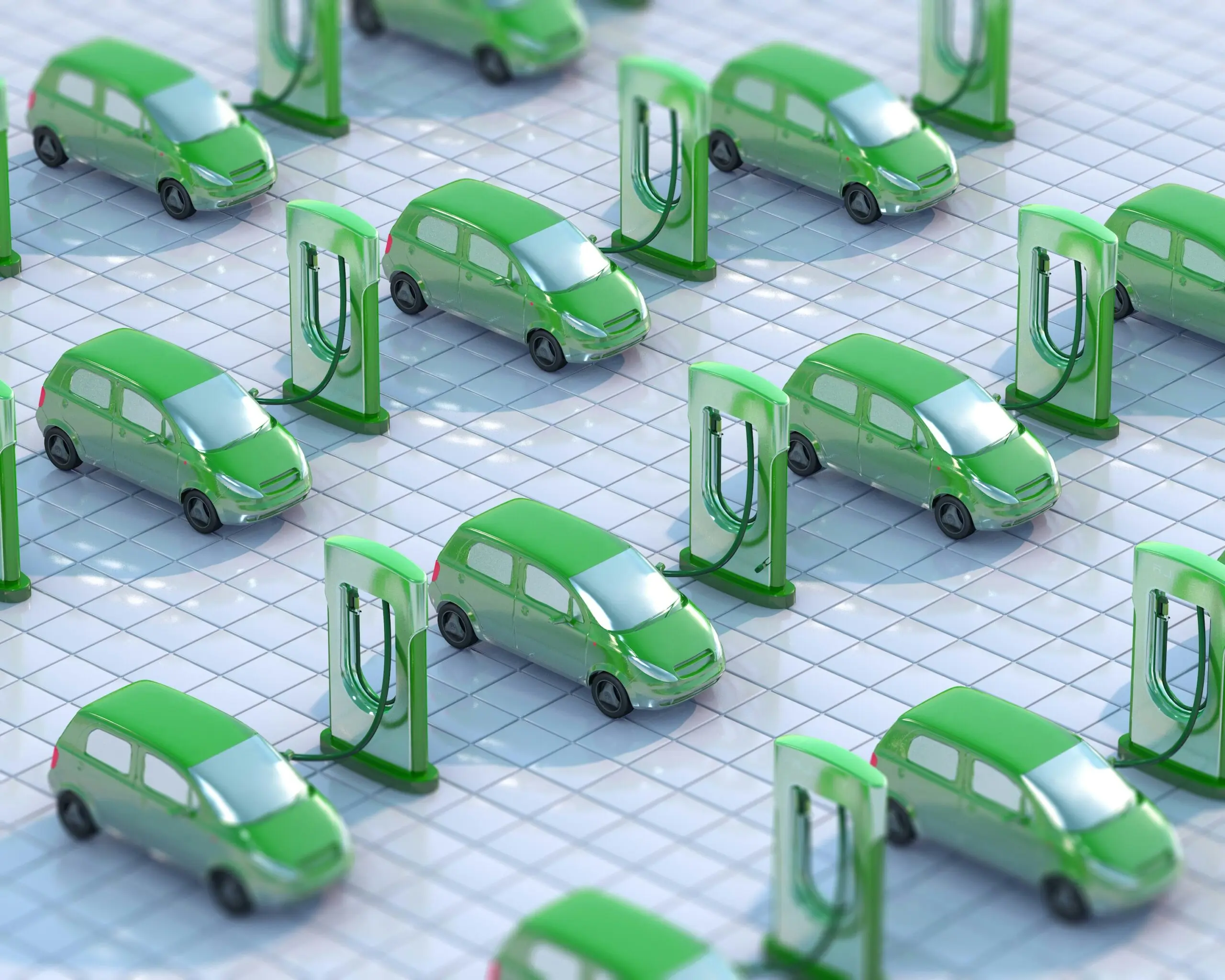12
By Shannon Kelleher As the planet warms at an alarming rate, culminating in the hottest summer on record, nations worldwide are rapidly scaling up so-called clean energy technologies that can replace the world’s dependence on climate change-inducing fossil fuels. More than 100 countries last year committed to triple renewable energy capacity by 2030 to try to slow climate change and reduce the related devastating human and environmental toll from increasingly frequent and extreme weather events. In the United States, manufacturers of electric vehicles (EVs) and EV batteries have announced more than $188 billion in investments over the last nine years, with most of the money committed during the last two. And this May, the US Department of Energy (DOE) announced a $71 million investment in projects to expand access to solar power – dubbed the “cheapest form of energy” by the DOE. But behind the enthusiasm lies a little-discussed but looming concern. Many of these technologies being heralded as tools to turn back climate change rely on fluoropolymers, a family of plastics that are part of a class of chemicals known as per- and polyfluoroalkyl substances (PFAS). Many types of PFAS are considered so hazardous that the US and many other countries have targeted them for elimination. PFAS have been identified as ubiquitous environmental pollutants that don’t break down naturally, with several linked to a range of human health problems. Fluoropolymer safety for humans and the environment is still a matter of debate. But the paradox of boosting the use of potentially harmful types of PFAS chemicals in order to create technologies that can address harmful climate change is stirring debate among some experts and prompting a deeper look at the pursuit of “clean energy”. “Obviously, the green energy transition is very important,” said Ian Cousins, a professor at the University of Stockholm in Sweden who studies the environmental impact of PFAS. “I don’t want to hinder that. But at the same time… the green industry should be not just green energy but green in every regard.”
You must log in or # to comment.


